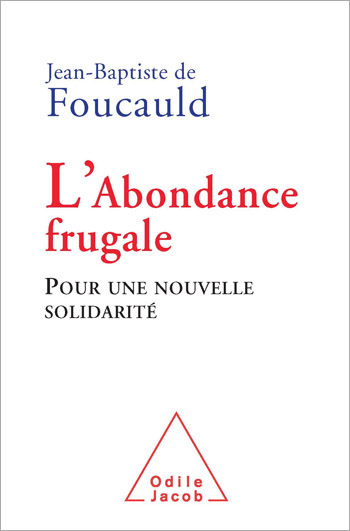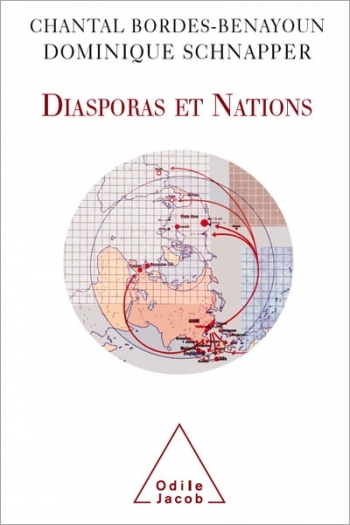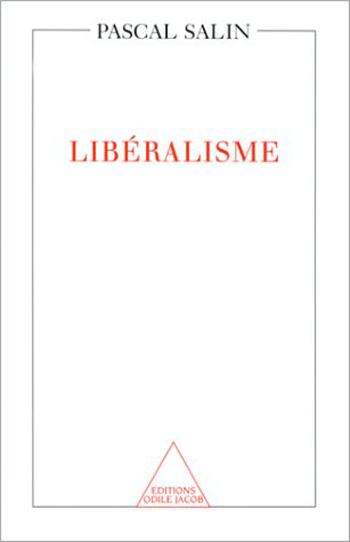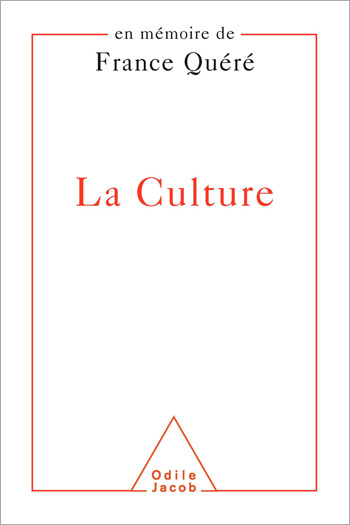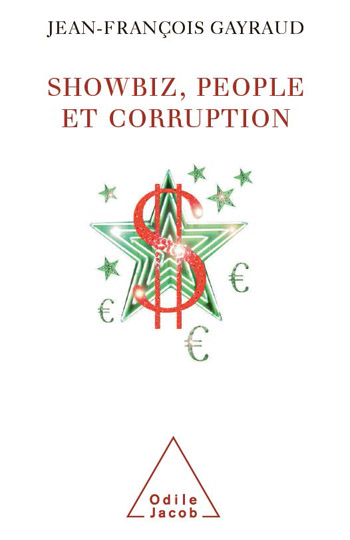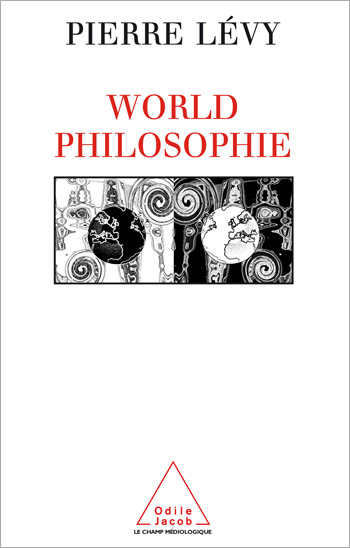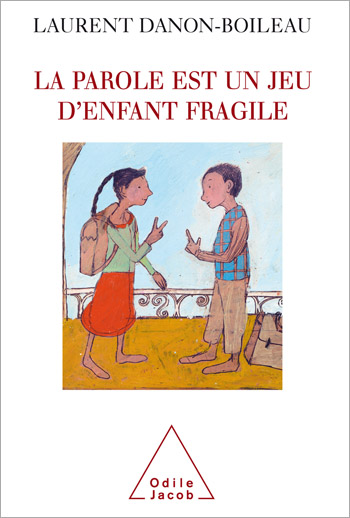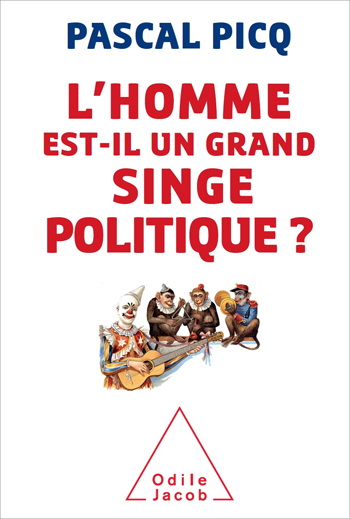Human Sciences All books

Claude Fischler, Véronique Pardo
Special Diets
In many countries, restrictive diets are changing individual eating habits — and profoundly altering the way we relate to one another.
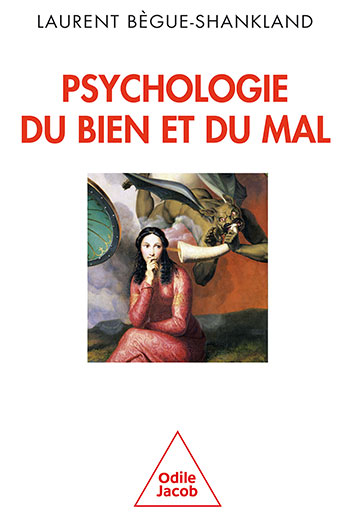
Laurent Bègue-Shankland
The Psychology of Good and Evil
How our idea of morality builds on and informs our personal life and our relationships
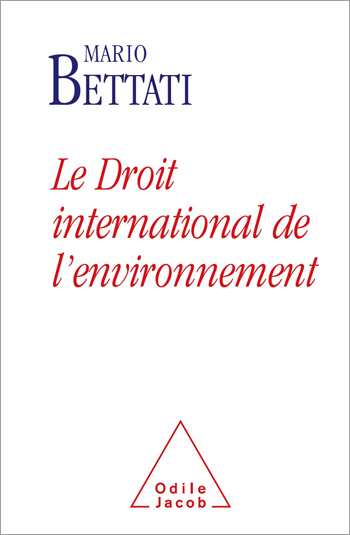
Mario Bettati
International Environmental Law
An indispensable book for students, diplomats and activists faced with attacks on the environment
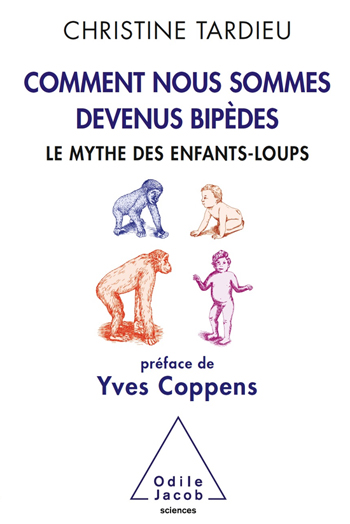
Christine Tardieu
How We Become Bipeds The Wolf-Child Myth
A history of how and why humans are the only mammals that permanently adopted bipedalism.
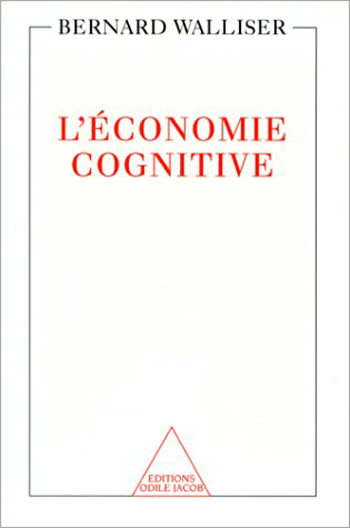
Bernard Walliser
Cognitive Economics
This book should help readers gain a greater understanding of economic reasoning and rationality. It shows how a period of study and apprenticeship can improve the otherwise limited rationality of economic decisions-makers, how to co-ordinate the various actors expectations in a given situation, and how speculation results from the circulation of the opinions of the economic decision-makers. Bernard Walliser teaches economics at the Ecole des Ponts et Chaussées.
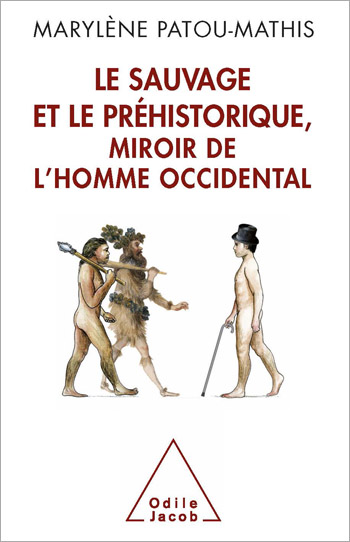
Marylène Patou-Mathis
The Savage and Prehistory, the White Man’s Mirror
Throughout history how has Western man regarded human beings that differ from him?

Michel Aglietta, Thomas Brand
A New Deal for Europe
This book poses a burning question: is European construction still a common goal, shared by all the E.U. states and legitimised by their citizens?

François Saint-Pierre
In the Name of the French People Trial by Jury or by Professional Judges?
Who should judge serious crimes?
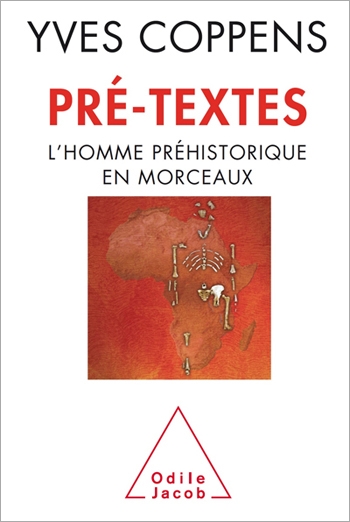
Yves Coppens
Pretexts
In these short essays, Yves Coppens makes us discover the most recent findings in prehistory. A masterly lesson.
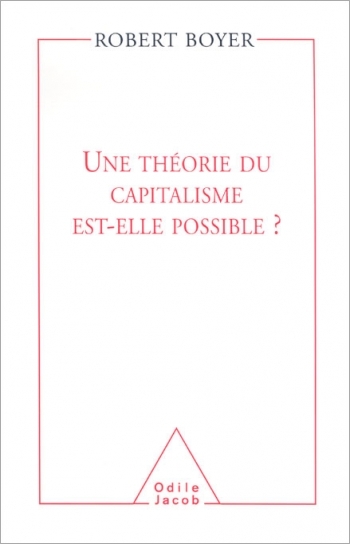
Robert Boyer
General Theory of Capitalism is it possible?
Robert Boyer is a leading figure of the regulationist school of economics, which believes that capitalism requires external, political, monetary and social regulations, and that the capitalist economy cannot be reduced to the self-regulating laws of the market. In this book, he proposes a general theory of capitalism, from two angles. First of all, he argues that there are several models of capitalism - not just one. America's ultra-liberal capitalism is unlike German capitalism, which is characterised by the fusion between banks and businesses, just as it is unlike French state-interventionist capitalism and Japan's capitalism of consensus. Secondly, in order to understand how capitalism works, every aspect has to be considered - not just the market but also political and social institutions (the State, central banks, unions, etc.) and the conventions they create among themselves (salary agreements, etc.). Robert Boyer is a research fellow at the Centre National de la Recherche Scientifique, a director of studies at the Ecole des Haute Etudes en Sciences Sociales and a member of the French prime minister's Council for Economic Analysis.
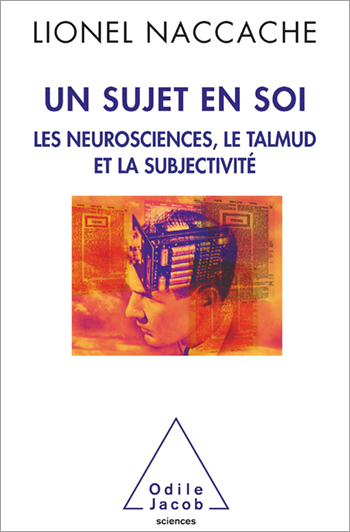
Lionel Naccache
On Being a Subject in Oneself The Talmudic Experience of Spirituality
What does it mean to be oneself? What does it mean to believe? An exploration of the neuroscience and philosophy of subjectivity
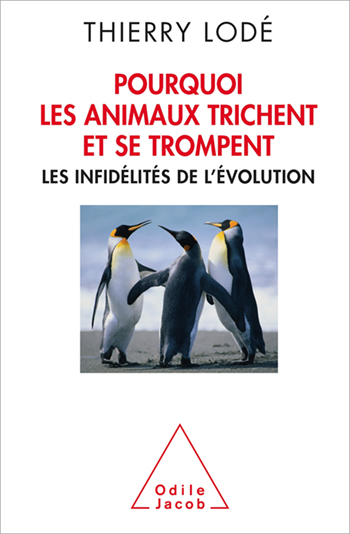
Thierry Lodé
Why Animals Cheat and Make Mistakes
A brilliant contribution to evolutionary biology and to the study of animal behaviour, written in a lively, vivid style

Daniel Sibony
Islam, Phobia, Guilt
The uneasy relations between Islam and the West, analysed by the psychoanalyst Daniel Sibony
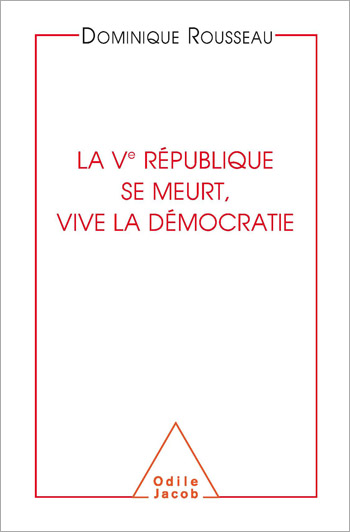
Dominique Rousseau
The Fifth French Republic Is Dying! Long Live Democracy!
The First French Republic was consular, the Second was presidential, the Third and Fourth were parliamentary, but the Fifth seems to have no distinguishing qualities.
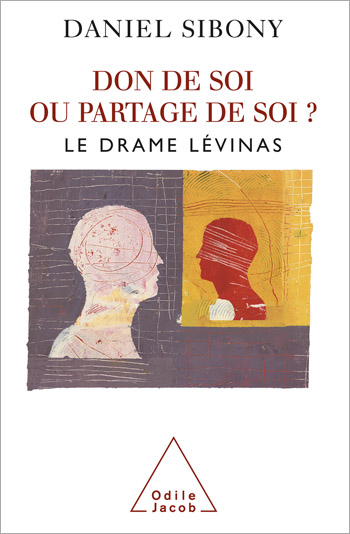
Daniel Sibony
Giving Yourself or Sharing Yourself ?
How can one be oneself without denying others? How can one consider others without negating oneself? How can one avoid the two extremes of complete selfishness and total self-sacrifice ? What if the ethics of the other, of responsibility for others which can lead us to risk our lives for others resulted not only in a dead-end (inefficient action, lack of action, justification of past actions) but also kept us from knowing ourselves and, consequently, others and the true nature of our relations with them? Daniel Sibony was trained as a philosopher and is a practising psychoanalyst.

Antoine Garapon
The Guardian of Promises Justice and Democracy
The multiplying cases, the explosion of litigations, the sensational trials which catch the attention of the public : all are evidence of a growth in power of the judicial system, which we expect to be, at the same time, the arbiter of morals, the guarantee of public morality and responsible for the salvation of the people. But why dont we ask what things it cannot provide ? Isnt the idea of a judicial democracy just an illusion, which serves to hide serious problems ? The power of the judicial system is more worrying than exciting. It is an indicator of the discreditation of the State at the same time as a reduction in social cohesion. In the face of the fragility of democratic society, this book is a thorough reflection on the exercise of public power, affirming that the real role of the judge is not to take the place of the politic, but to diffuse the risk of democratic implosion by remaining the guardian of the promises at the very heart of republican laws. Antoine Garapon, a former judge and member of the editorial team of the journal Esprit, is the head of the Institute of Advanced Judicial Studies.





